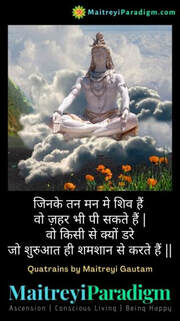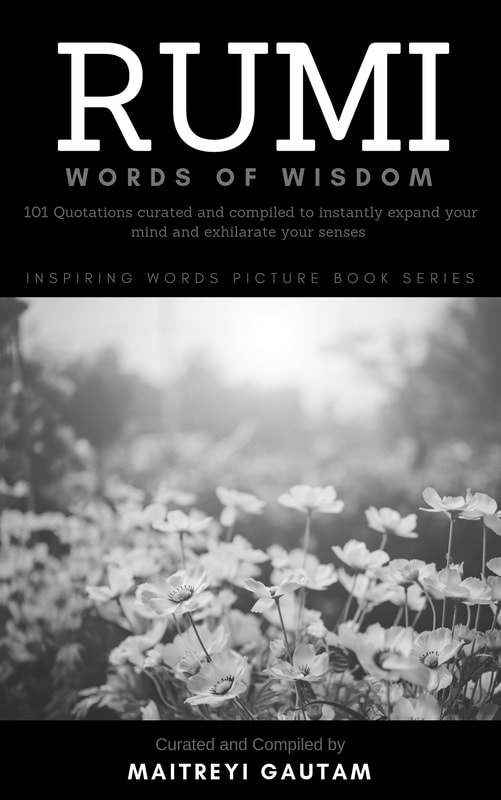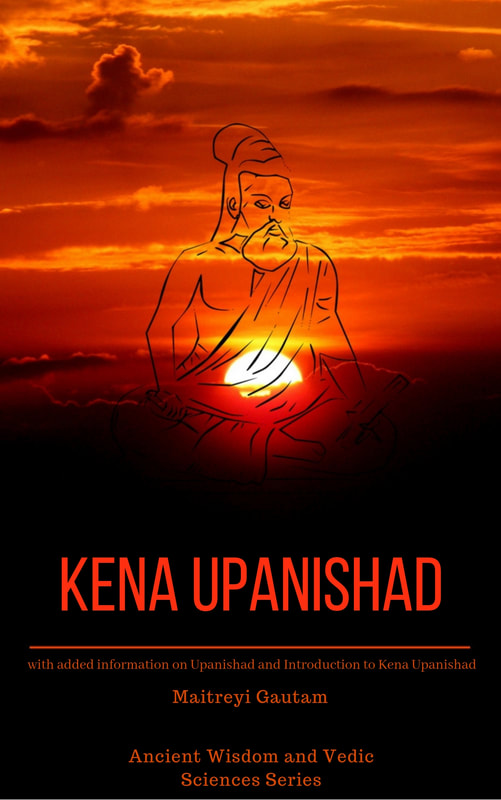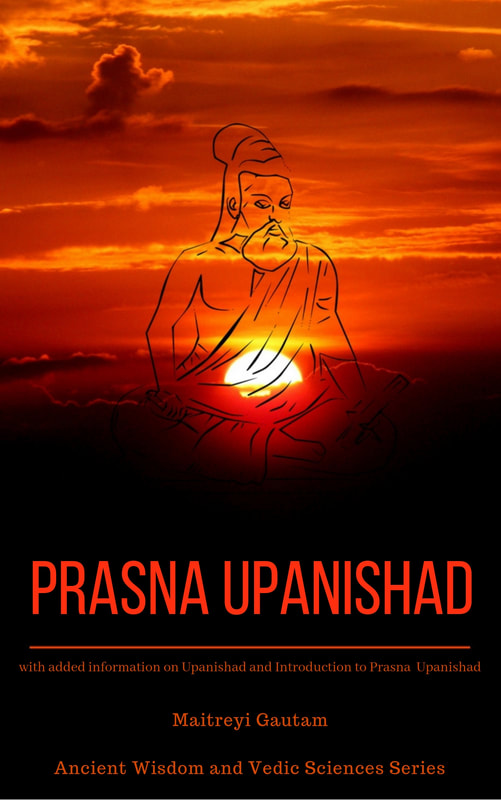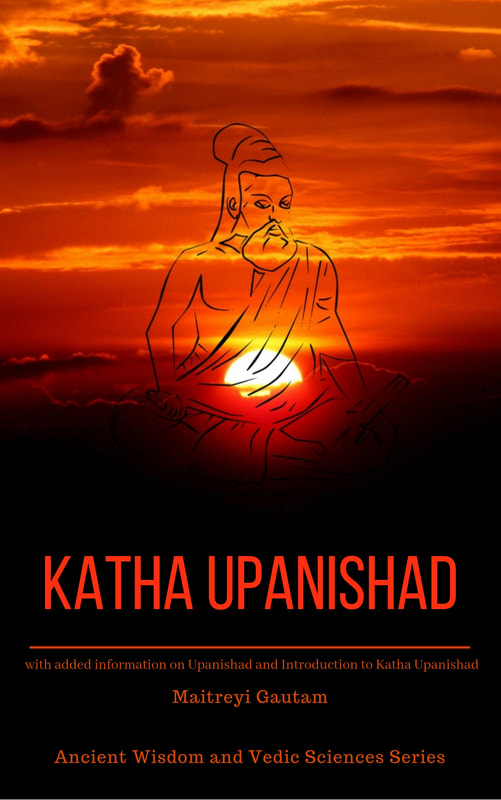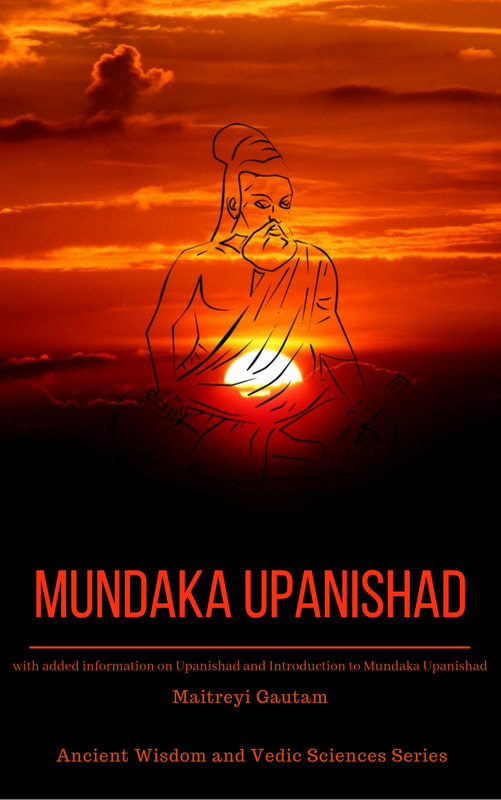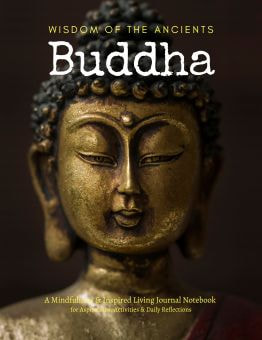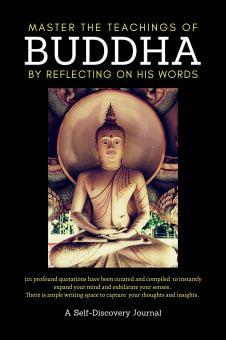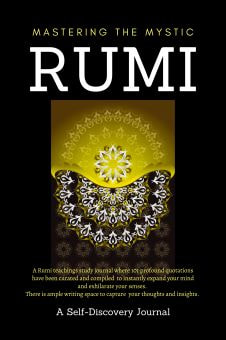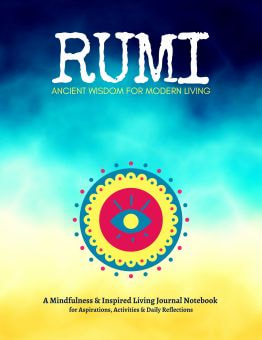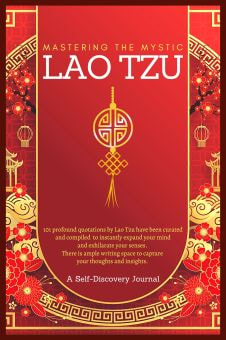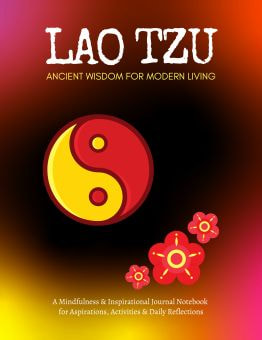Kaal Bhairav Ashtami, also known as Bhairava Ashtami, is a Hindu festival dedicated to Lord Kaal Bhairav, a fierce manifestation of Lord Shiva. Celebrated on the Krishna Paksha Ashtami (the eighth day during the waning phase of moon) of the Margashirsha month in the Hindu calendar, it holds great religious significance, particularly in the Shaivism sect of Hinduism.
The festival commemorates the day when Kaal Bhairav, a form of Lord Shiva, appeared on earth. According to Hindu mythology, this incarnation of Shiva was manifested to vanquish the pride of Lord Brahma. Kaal Bhairav is portrayed as the god of time, who governs and controls all time frames and is revered for his ability to swiftly eliminate sins and obstacles, guiding his devotees towards a righteous path.
Devotees observe this day with great reverence and devotion. The celebration involves special rituals and pujas conducted in temples dedicated to Lord Shiva. In many regions, devotees visit Shiva temples early in the morning and offer prayers to Kaal Bhairav. They perform abhisheka (ritual bathing of the deity) with milk, honey, and other sacred items, and offer flowers, fruits, and sweets to the deity. Lighting lamps and incense sticks are also significant parts of the worship.
A unique aspect of Kaal Bhairav Ashtami is the offering of alcoholic beverages to the deity in certain regions, as it is believed that Kaal Bhairav accepts such offerings. The consumption of alcohol, however, is typically restricted to the ritualistic offering and not as a part of general consumption by devotees.
The day is also marked by the recitation of Kaal Bhairav Katha, a narrative of the origin and stories of Lord Kaal Bhairav, and the chanting of Kaal Bhairav mantras and stotras (hymns). This is believed to provide protection against misfortunes and removal of sins.
In addition to the religious practices, Kaal Bhairav Ashtami has a social aspect, where communities come together to celebrate. Feasts and gatherings are common, and many people also provide food and donations to the needy, as acts of charity are considered particularly auspicious on this day.
Kaal Bhairav Ashtami is thus a day of both spiritual significance and social communion, reflecting the diverse and rich tapestry of Hindu festivals. It underscores the themes of justice, righteousness, and the swift elimination of ego and ignorance, embodied in the fierce form of Lord Kaal Bhairav.
The festival commemorates the day when Kaal Bhairav, a form of Lord Shiva, appeared on earth. According to Hindu mythology, this incarnation of Shiva was manifested to vanquish the pride of Lord Brahma. Kaal Bhairav is portrayed as the god of time, who governs and controls all time frames and is revered for his ability to swiftly eliminate sins and obstacles, guiding his devotees towards a righteous path.
Devotees observe this day with great reverence and devotion. The celebration involves special rituals and pujas conducted in temples dedicated to Lord Shiva. In many regions, devotees visit Shiva temples early in the morning and offer prayers to Kaal Bhairav. They perform abhisheka (ritual bathing of the deity) with milk, honey, and other sacred items, and offer flowers, fruits, and sweets to the deity. Lighting lamps and incense sticks are also significant parts of the worship.
A unique aspect of Kaal Bhairav Ashtami is the offering of alcoholic beverages to the deity in certain regions, as it is believed that Kaal Bhairav accepts such offerings. The consumption of alcohol, however, is typically restricted to the ritualistic offering and not as a part of general consumption by devotees.
The day is also marked by the recitation of Kaal Bhairav Katha, a narrative of the origin and stories of Lord Kaal Bhairav, and the chanting of Kaal Bhairav mantras and stotras (hymns). This is believed to provide protection against misfortunes and removal of sins.
In addition to the religious practices, Kaal Bhairav Ashtami has a social aspect, where communities come together to celebrate. Feasts and gatherings are common, and many people also provide food and donations to the needy, as acts of charity are considered particularly auspicious on this day.
Kaal Bhairav Ashtami is thus a day of both spiritual significance and social communion, reflecting the diverse and rich tapestry of Hindu festivals. It underscores the themes of justice, righteousness, and the swift elimination of ego and ignorance, embodied in the fierce form of Lord Kaal Bhairav.



